Virtual, mixed, and augmented reality all provide different but compellingly immersive experiences that draw us in through sight and sound. But what about our other senses? A few strange inventions are already exploring the possibilities.
Adrian Cheok, professor of pervasive computing at City University London and the director of Singapore's Mixed Reality Labs, decided to figure out the best ways to connect our other senses to digital environments. That definitely includes smell and taste, along with touch, and those sensations can be a bit more difficult to "render" with technology.
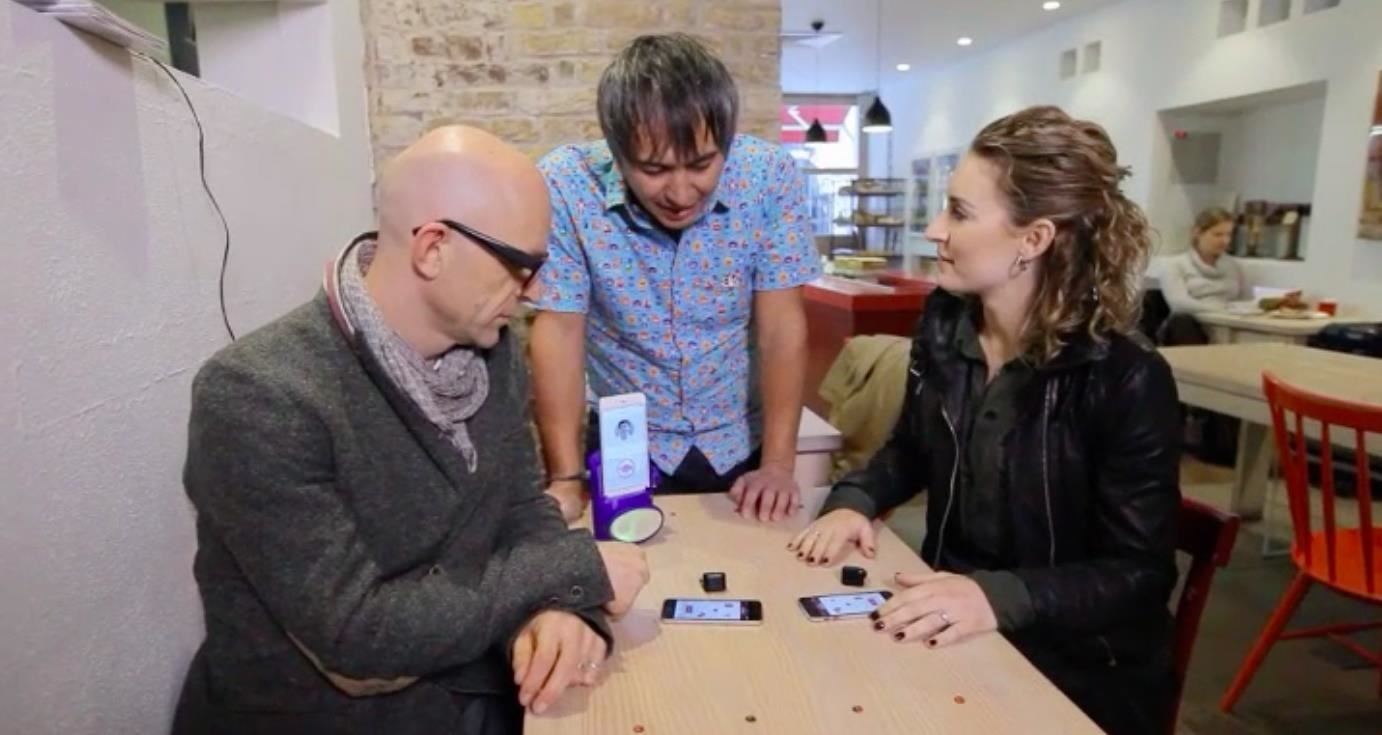
Previous attempts at recreating smell and taste required chemical emissions to provide those sensations, but that method was never practical and ultimately failed (see: Smell-O-Vision). Instead, Cheok wants to avoid creating stimuli and just manipulate your brain, as he explained in an interview with Motherboard:
We want to transmit smells without using any chemical, so what we're going to do is use magnetic coils to stimulate the olfactory bulb part of the brain associated with smell. At first, our plan was to insert them through the skull, but unfortunately the olfactory part of the brain is at the bottom, and doing deep-brain stimulation is very difficult.

While that might sound a little scary, the actual technology Cheok created is a little less invasive. Still, most people will likely find his current method at least a little off-putting:
Not much—magnetic fields are very safe. Anyway, our present idea is to place the coils at the back of your mouth. There is a bone there called the palatine bone, which is very close to the region of your brain that makes you perceive smells and tastes. In that way we'll be able to make you feel them just by means of magnetic actuation.
Nevertheless, this approach points to some very interesting possibilities down the line. Because virtual worlds mostly exist for our entertainment, we easily forget that immersive headsets can subtly hack our brains. As sense-manipulating technology evolves, it will become possible to completely alter a person's perception of reality.
That prospect is both incredible and somewhat disturbing. Cheok wants to create digital restaurant menus that let us smell each dish through our smartphones, software that makes us feel like we're cuddling with our significant when they're thousands of miles away, and even applications that can improve moods through target smells and tastes. Transmitting scent and tactile feeling has obvious applications in the virtual sex/pornography industry as well.

Thanks to the fine line our brains draw between the sensation of touch and pain, there may also immense benefits in the health industry—particularly when it comes to the horribly inadequate methods of pain management we currently utilize. We're already seeing progress in this specific case with VR headsets alone.
Unfortunately, all this potential could lead to malicious uses down the line. While no technology can ever avoid that problem entirely, when it comes to literally hacking a person's brain a lot of care will be necessary to keep users safe. It's too early to tell if we'll see Cheok's inventions evolve and proliferate in consumer markets, but it won't matter much. The methods for manipulating our senses already exist. How we use them will ultimately determine whether they'll benefit society or pose a serious threat. If history is any indication, it'll likely be a mix of both.
Just updated your iPhone? You'll find new features for Podcasts, News, Books, and TV, as well as important security improvements and fresh wallpapers. Find out what's new and changed on your iPhone with the iOS 17.5 update.
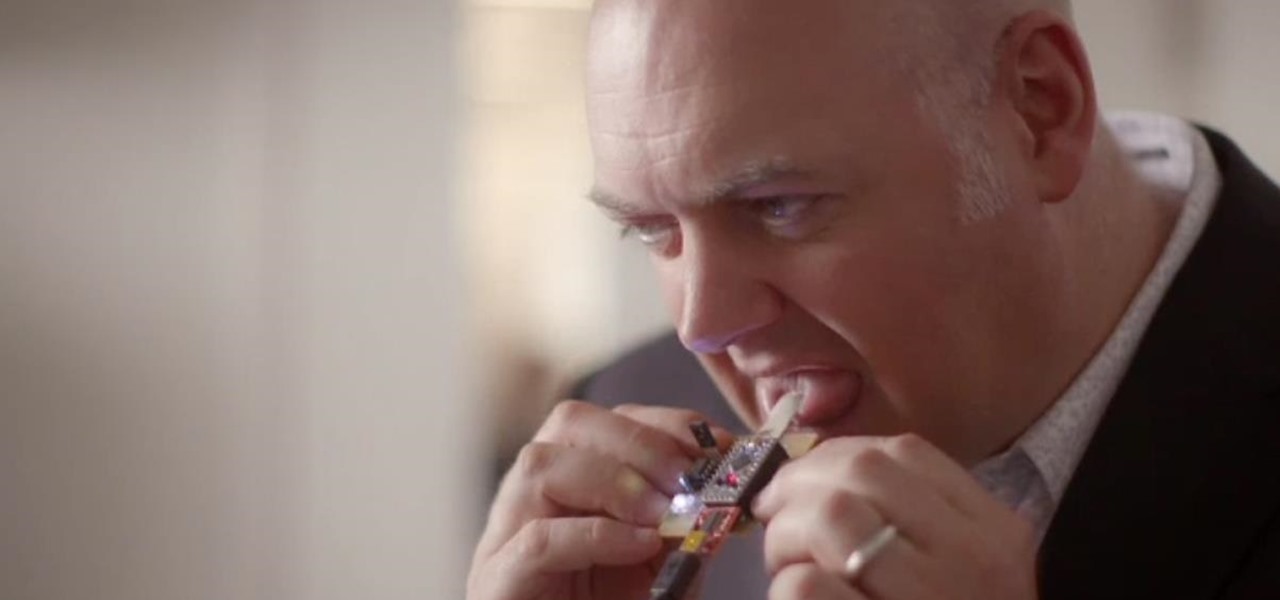


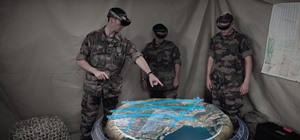
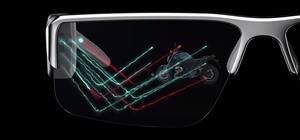

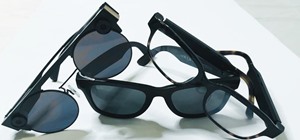



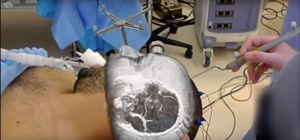
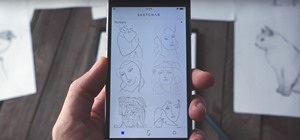
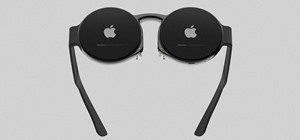



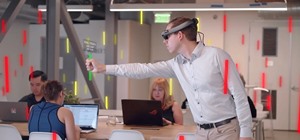
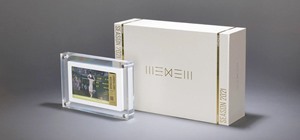

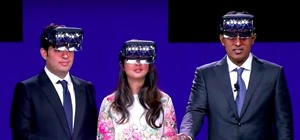


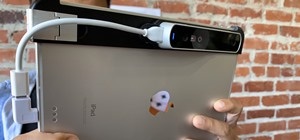
Be the First to Comment
Share Your Thoughts